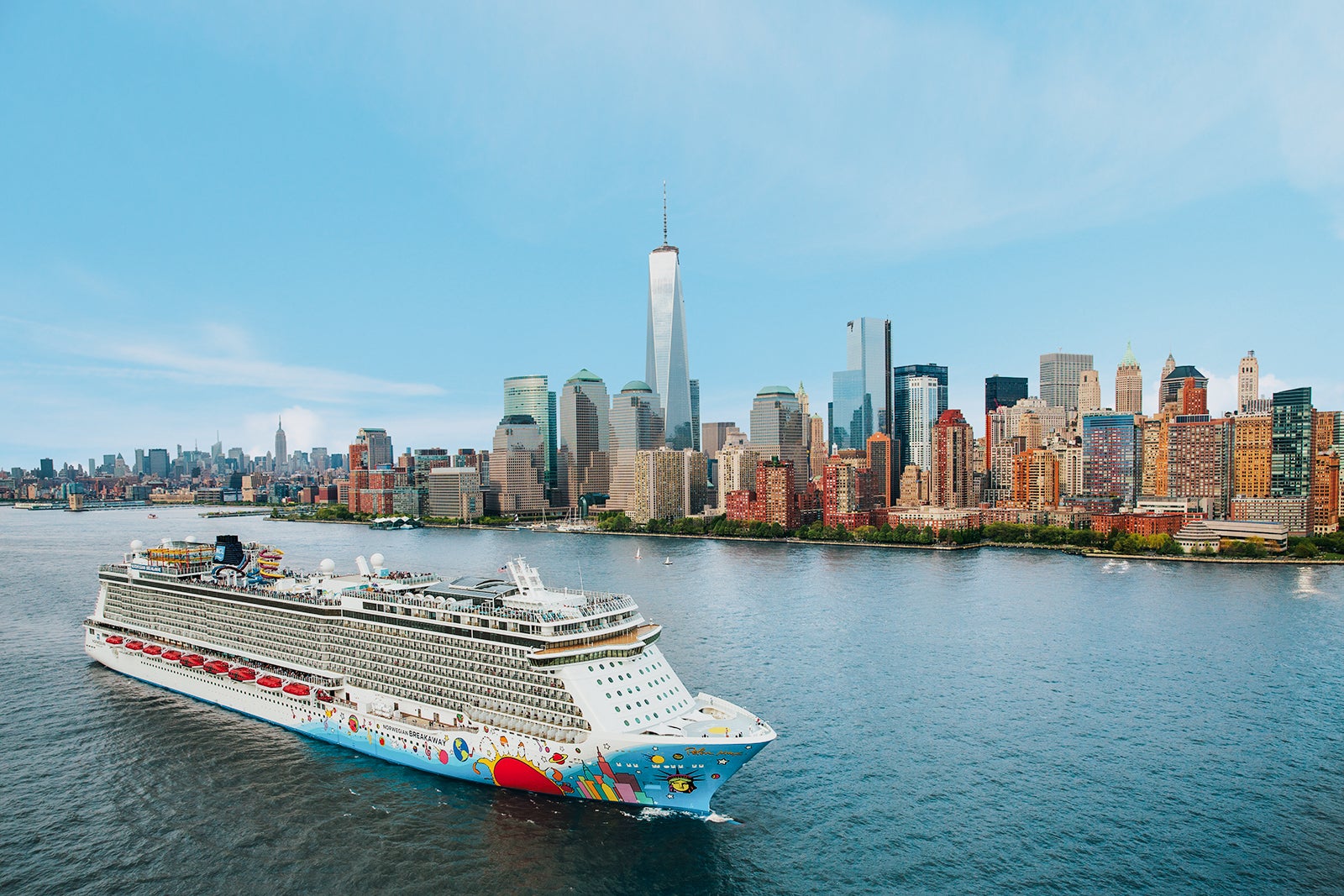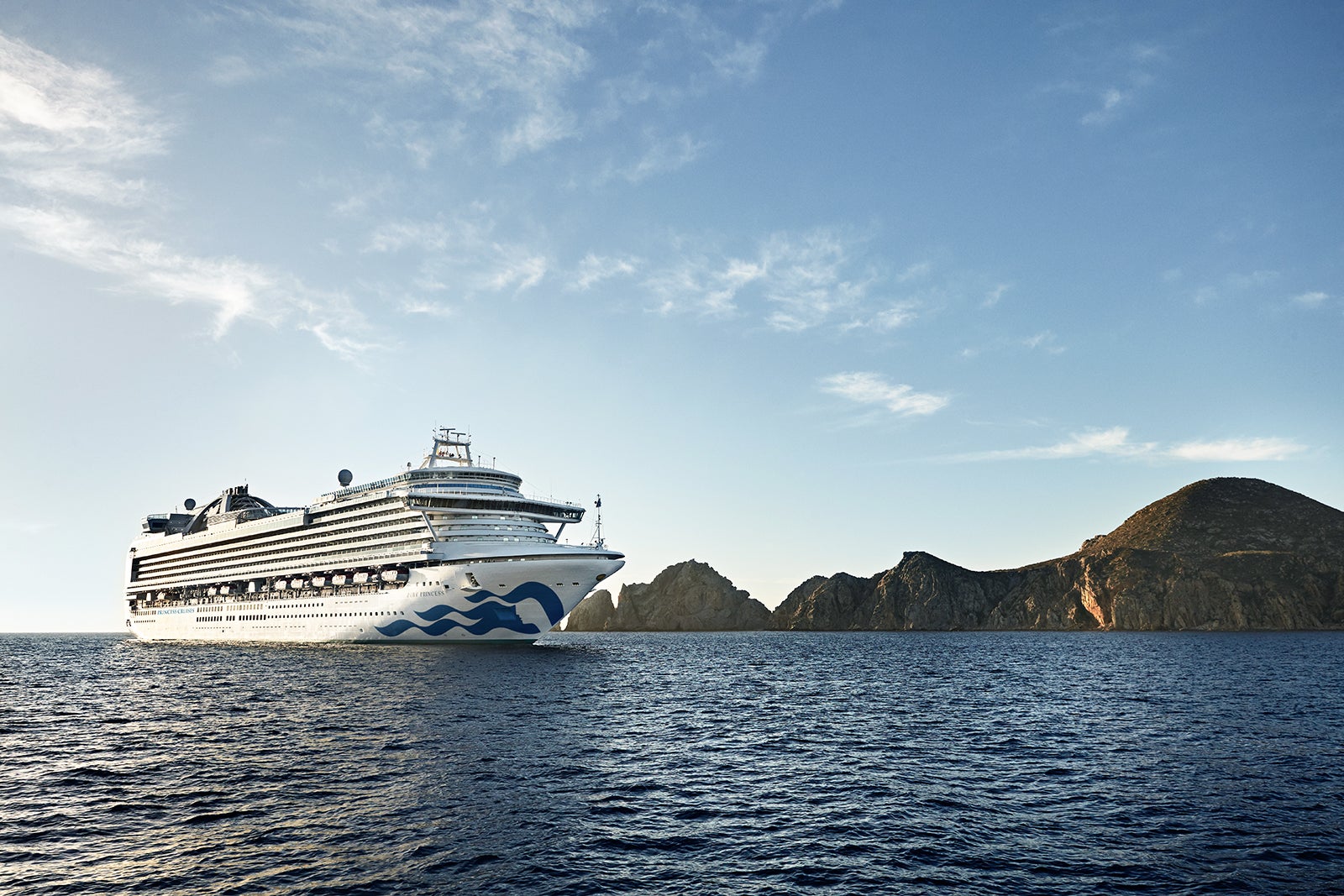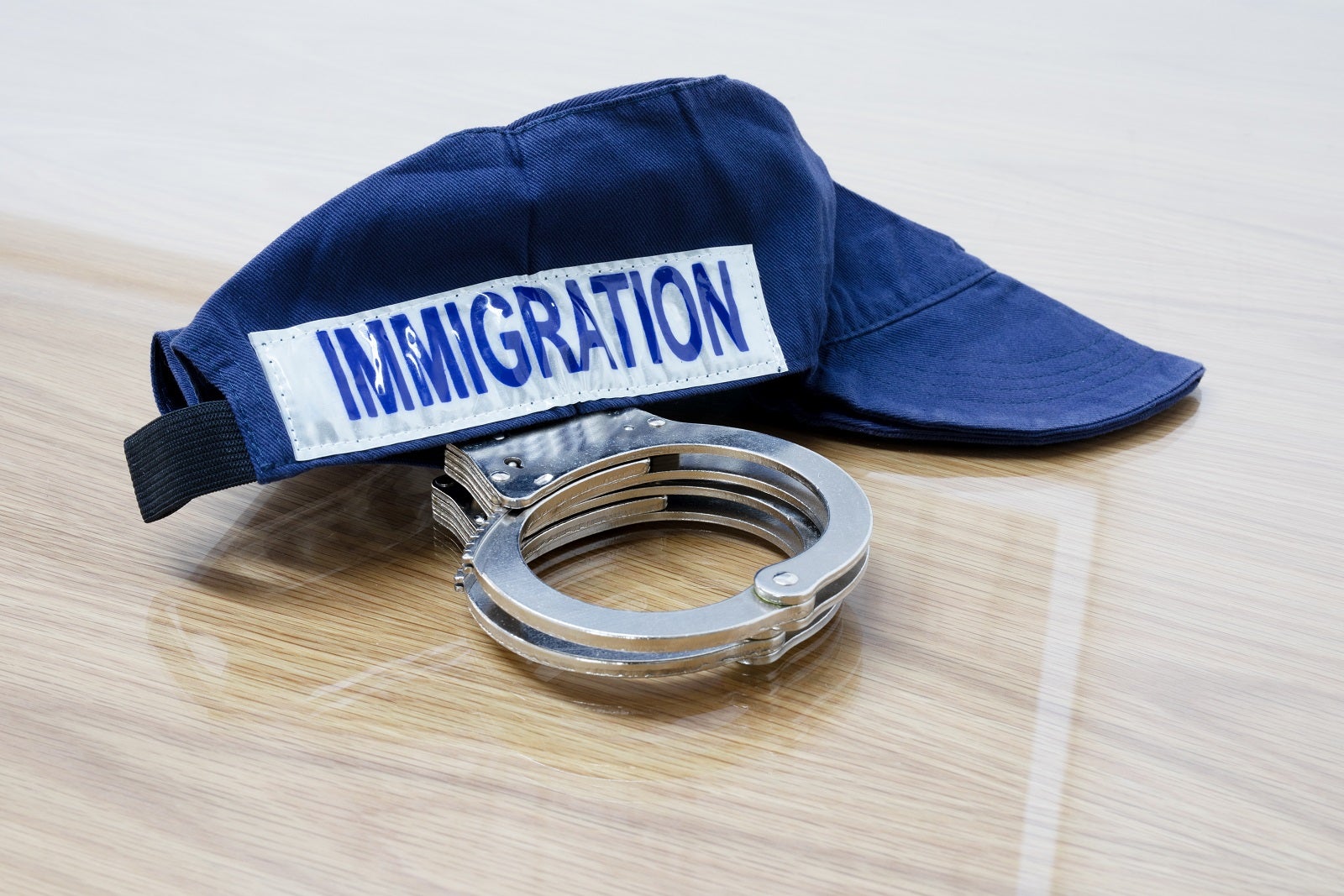We receive a lot of email from readers at The Points Guy. A couple of weeks ago, a travel agent wrote to say that a cruise line canceled a booking for one of her clients because a member of the travel party had a criminal record. She was shocked to learn the cruise line could do this, but it’s not unusual.
Can you cruise with a felony or other convictions? In many cases, yes, but a handful of countries that are major cruise destinations won’t let you. Find out which ones they are and what the specific rules are in each area so you can avoid booking a cruise you won’t be able to take.
For more cruise news, guides and tips, sign up for TPG’s cruise newsletter.
Where can I go on a cruise with a felony?

The short answer is: just about anywhere. It’s easier to explain where you can’t cruise with a felony or other criminal conviction.
The major cruise destinations that might not allow you into their countries if you have a criminal record are Canada, Mexico, Australia and New Zealand. These countries have rules against entry for some people who have committed crimes, even if they plan to arrive via ship and only visit for a few hours.
That means Alaska sailings, which include at least one Canadian port of call per the Passenger Vessel Services Act, often are off-limits for anyone with a criminal record. It also means Australia/New Zealand itineraries, Canada/New England voyages, Mexican Riviera and California coastal sailings and some Caribbean cruises are also a no-go, along with any others that include those four countries.
If you have a criminal record, check with your cruise line for details, and research any special documentation you might need to present for admission before you book a sailing.
Australia’s rules

Visitors to Australia, including American citizens, must obtain an Electronic Travel Authority to enter the country. That includes people who arrive on cruise ships.
To apply for an ETA, each traveler must meet the country’s character requirements. If you’ve committed only minor offenses, you likely won’t have a problem, but be honest about anything on your criminal record. You might also be asked to submit documentation to explain your convictions.
Passengers who have committed serious crimes — including murder, human trafficking, war crimes, smuggling, sex-based crimes against children and domestic violence — are likely to be denied visas, which means they won’t be able to visit Australia by ship or any other method of arrival.
Canada’s rules

Canada‘s laws ban anyone with a criminal record from entering the country, including on a cruise. This applies regardless of the severity of the crime or how long ago it was committed. If you shoplifted as a teenager or once drove under the influence, you could be out of luck, unless you fill out an application for a temporary resident permit to waive inadmissibility and receive approval well in advance of your sailing.
The problem, however, is that travelers must have a compelling reason — usually more compelling than a cruise vacation — for the Canadian government to grant the permit. It will also cost applicants a $200 processing fee, even though approval isn’t guaranteed.
Mexico’s rules

Mexico‘s laws are less severe than Canada’s and generally allow travelers with misdemeanors or other minor infractions — think driving offenses, assault and petty theft — to enter the country without a problem. However, if you’ve committed a more serious crime, you could be denied entry.
Under Mexican law, serious offenses that could raise red flags include murder, drug-related offenses, terrorism, smuggling, prison escape, aggravated robbery, tax fraud, human trafficking, vehicular theft and other infractions.
Cruisers with pending charges also will likely not be allowed to enter the country.
New Zealand’s rules

United States citizens do not need visas to visit New Zealand on cruise ships, but they do have to obtain New Zealand Electronic Travel Authority clearance.
To enter the country with an NZeTA, each passenger must receive entry permission upon arrival, which includes demonstrating that they’re of good character. That means you can be denied if you have a criminal past — something you’re required to disclose.
In particular, your chances of approval will be in jeopardy if you’ve been convicted of human rights offenses, been deported from any country, served a prison sentence of five years or more in your lifetime or served a prison sentence of 12 months or more within the last 10 years.
You also are likely to be denied entry if you have a pending conviction.
However, it is possible to submit a waiver or special consideration request that would give you a chance to explain the offenses — how long ago they occurred and the circumstances surrounding them.
How do these countries know if you have a criminal record?

Before the sailing date for each voyage, cruise lines are required to submit passenger manifests to the countries they visit. Those countries have access to databases that show them whether booked passengers have committed criminal offenses, allowing them to flag passengers that wouldn’t be permitted off the ship in port.
When that happens, cruise lines are likely to cancel bookings associated with those passengers. Whether or not they would be allowed to sail and remain on the ship during port visits is unclear but unlikely. Given that ships don’t enter international waters until they’re 12 nautical miles from shore, passengers are technically in the waters of whichever country they’re visiting when the ship docks or drops anchor for tendering. With that in mind, most cruise lines won’t want to risk the complications that would arise if a passenger with a record tried to disembark or were discovered on board by local authorities.
You also won’t be able to sail if your voyage departs from or ends in a country where your entry has been denied because you wouldn’t be able to make your way there for embarkation or be allowed to debark the ship at the sailing’s end.
Because cruise lines often don’t submit their manifests until closer to sailing, it’s likely that affected passengers wouldn’t find out until a month or less from embarkation, at which point the final payment deadline would have passed. That’s where travel insurance can help if this happened to you and, for some reason, the cruise line wouldn’t refund your money. Consider a policy that allows you to cancel for any reason and will cover you if the cruise line cancels your booking.
Bottom line

Can you cruise with a criminal record? The answer is yes, but you could be limited in terms of the particular destinations you’re able to visit on your voyage. Check the rules for each country and individual port you plan to visit to be sure you comply with entry requirements. If you think you might have problems, ask your cruise line whether it would allow you to sail and remain on the ship in certain ports. Finally, if you have a criminal record and plan on cruising, consider purchasing a travel insurance policy that would cover you if your past actions have a surprising impact on your future travel plans.
Have more cruise questions? TPG has answers:
- Banned items: What not to pack for a cruise
- Man overboard: Why do people fall off cruise ships?
- What is baked Alaska, and why is it paraded around cruise ships?
- What are the largest cruise ships in the world?
- What is a gentleman host on a cruise?
- What is the Jones Act and how does it affect cruise ships?
- What is a lido deck on a cruise ship?
- What’s a cruise cabin guarantee and will it save you money?
- What’s the difference between a cruise concierge and a butler?

Leave a comment